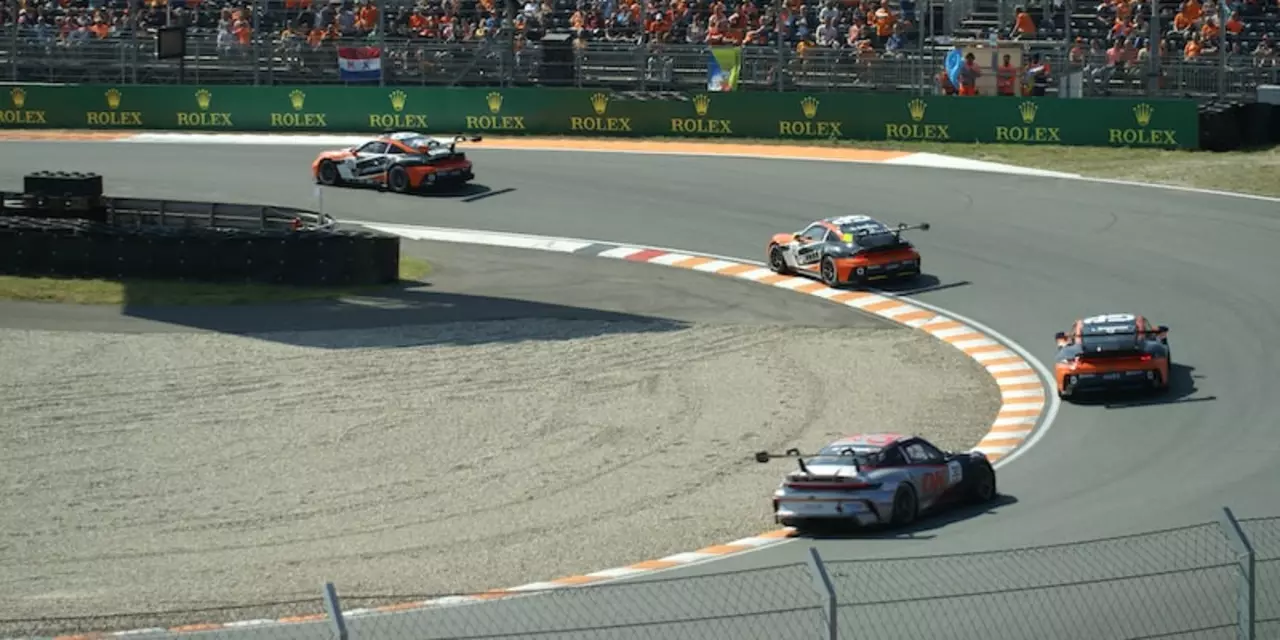Racing: What You Need to Know
If you’ve ever felt the rush of a bike or car roaring past, you know racing isn’t just a sport – it’s a lifestyle. On this page we pull together the most useful advice about turning that passion into a career, what makes racing tough, and how to keep the excitement alive without burning out.
Is Racing a Good Career?
Many wonder if a life on the track can pay the bills. The answer is yes, but it’s not a 9‑to‑5 job. Drivers, engineers, mechanics, and media crews all earn a living from the sport. The key is building a network early – join local clubs, race in amateur series, and showcase your results on social media. Hands‑on experience matters more than a fancy resume; a single strong finish can open doors to sponsorships and pro teams.
Education still helps. Technical courses in mechanics or engineering give you the language teams use every day. Even if you aim to be a rider, understanding bike dynamics makes you a better communicator with your crew. Keep learning, stay adaptable, and treat every race as a chance to improve your brand.
How Hard Is Racing Really?
Racing is far from a simple sprint. It demands peak physical fitness, razor‑sharp focus, and the ability to make split‑second decisions under pressure. Training isn’t just about speed; you need endurance for long heats, flexibility for quick maneuvers, and mental drills to handle race‑day stress.
Beyond the body, strategy plays a huge role. Reading the track, managing tire wear, and choosing the right moment to overtake can win more races than raw horsepower. Many beginners underestimate these tactical elements and get frustrated. The solution? Study race footage, work with a coach, and practice scenario planning on the bike or in a simulator.
Safety is another non‑negotiable factor. Proper gear, regular bike checks, and knowing the track’s emergency protocols keep you in the game longer. Skipping any of these steps is a shortcut that quickly turns costly.
Whether you’re eyeing a professional contract or just want to enjoy the thrill on weekends, remember that racing rewards persistence. Small improvements add up, and every setback teaches a lesson you can apply to the next lap.
Ready to take the next step? Start by setting a clear goal – a specific race distance, a podium finish, or a skill you want to master. Break it down into weekly training, bike maintenance, and networking tasks. Track your progress, adjust when needed, and keep the excitement alive by celebrating each win, no matter how small.
